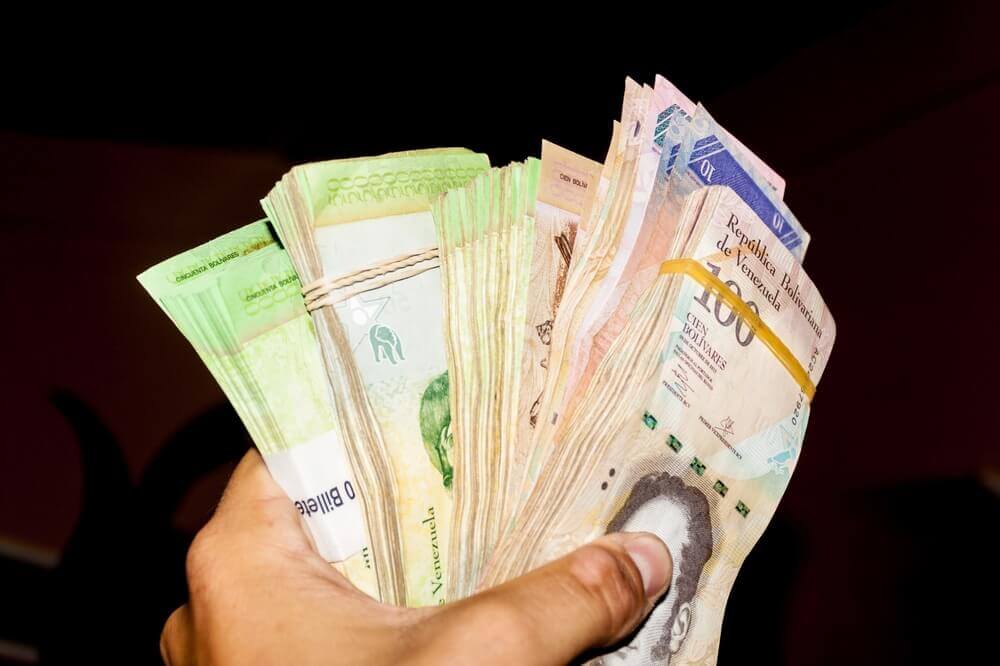Venezuela Did More P2P Bitcoin Trading Than Canada and India Combined in 2018

There is a marked increase in peer-to-peer bitcoin trading in hyperinflation-struck Venezuela.
According to data scientist Matt Ahlborg , LocalBitcoins trading data concludes that Venezuela did more peer-to-peer Bitcoin trading in 2018 than Canada, India, and Australia combined. Venezuelan trading topped $235 million. For perspective, the United States only clocked in $373 million, and it is the largest economy in the world. In total, peers traded $3.1 billion over the course of the year.
One factor that limits trading in more advanced countries is the price spreads seen on LocalBitcoins. To buy Bitcoin there, one will invariably pay several percent above the market rate. A premium is also had when selling on the site, but the only way to obtain the maximum is to create your own selling ad. In regions where people can obtain accounts with companies like Simplex or Coinbase, these centralized services make more sense.
Russia More Than Twice US Trading Volume
Financial sanctions on Russia as a result of its Ukrainian policies drove a massive rise in LocalBitcoins trading in that country. Russia’s regulatory uncertainty in regards to Bitcoin also make LocalBitcoins one of the best options for people looking to acquire and sell Bitcoin in the region. As a result, the data shows that more the majority of all LocalBitcoins volume was conducted by Russian accounts. Russia did $756 million, more than twice what the United States did.
These numbers pale in comparison to the global trading average of Bitcoin. On a daily basis, the world does a volume of $5 billion in Bitcoin trades.
Usage Per (Online) Economic-Person
Ahlborg introduces a new metric in an effort to help understand the trading data, a metric called “Usage per (Online) Economic-Person.”
The figure accounts for internet connectivity in a given country, Bitcoin traded, and the country’s economic freedom score. The UP(O)EP is 1000 (or more), while the US and Canada are below 20. The figure is only 220 in Russia, where the majority of all LocalBitcoins volume took place.

The economic freedom of a given country plays heavily into its LocalBitcoins usage. As Ahlborg writes:
Countries low in economic freedom and low in UP(O)EP (countries below the trend line and to the right) like Iran and Bangladesh only recently started trading and have yet to hit their stride, and countries high in economic freedom and high in UP(O)EP (countries above the line and to the left) like New Zealand and the United Kingdom likewise have their own specific factors. In the future, I will incorporate new layers of data to account for these outliers in an attempt to strengthen the fit of this data to the trend line.
Other Factors Affecting LocalBitcoins
Unlike Binance or other major exchanges, LocalBitcoins trades almost exclusively fiat and Bitcoin. “The first reason I chose LBC is because, unlike other low or no fee, frictionless exchanges, trading Bitcoin through LBC is costly,” Ahlborg says. “econdly, also unlike other exchanges which post large crypto-to-crypto volumes, trading volume on LBC is almost exclusively fiat-to-crypto.”
Yet, LocalBitcoins is not the only platform of its kind. Alternative Paxful is also an interesting case study for Bitcoin trading in developing countries. On Paxful, a significant volume of trades happen in the BTC/iTunes Gift Card market. People in developing markets use gift cards to buy BTC, basically, which is a notable trend.
LocalBitcoins and Paxful remain some of the most solid ways to acquire Bitcoin without using centralized exchanges. Ahlborg says:
The final story in this analysis is that, in totality, nearly six years of aggregate data paint the picture that Bitcoin has utility and that its promise is beginning to be realized for the types of people Satoshi said it would.
True to the peer-to-peer nature of Bitcoin, LocalBitcoins enables people without traditional bank accounts to acquire cryptocurrency. They can use cash transactions or alternative electronic methods, like gift cards.